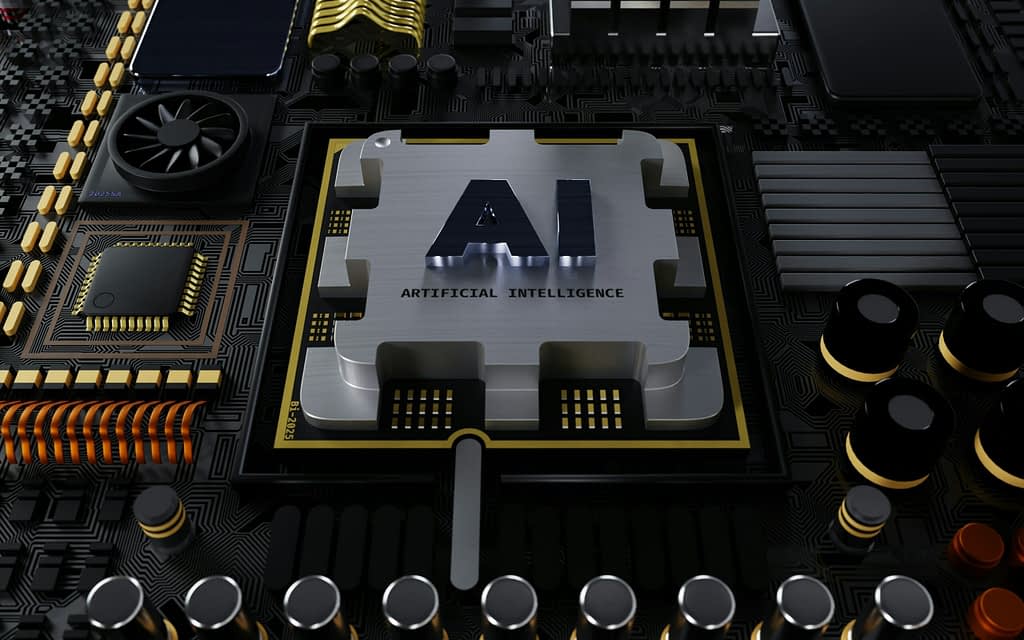In an era where artificial intelligence is transforming the global economy, tensions are escalating between American technology giants and government restrictions. Nvidia CEO Jensen Huang openly criticizes US restrictions on AI chip exports to China as “a complete failure” that, instead of weakening the Asian power’s technological rise, merely opens doors for domestic manufacturers like Huawei.
Why US Restrictions Are Failing
According to Huang, these restrictions are not achieving their intended effect and are actually harming American companies:
- The Chinese market will represent a $50 billion opportunity in 2026 – if American companies cannot operate there, customers will simply spend this money elsewhere
- Nvidia’s market share in China has fallen from 95% to just 50% since the beginning of Joe Biden’s administration, which introduced numerous restrictions that Trump has largely maintained or even tightened
“The ban on H20 chip sales is not effective. The Chinese will simply buy more chips from startups, from Huawei, and others,” argues Huang. “I hope the US government recognizes that the ban is not effective and gives us a chance to return and win back this market.”
China’s Technological Independence Grows Stronger
American restrictions are paradoxically stimulating Chinese technological development:
- Export controls, according to Huang, “gave local companies energy and government support to accelerate their development”
- China has favorable conditions for building AI infrastructure – affordable electrical power and plenty of space
- Chinese developers make up 50% of global AI programmers, representing enormous talent that cannot be ignored
“The assumption that the US is the only place that develops and provides AI infrastructure is fundamentally wrong,” emphasizes the 62-year-old executive.
Impact on the Global Technology Ecosystem
The current situation has far-reaching consequences for the entire industry:
- Nvidia has written off $5.5 billion in H20 chips intended for the Chinese market following the expansion of Trump’s restrictions
- Huang claims that Nvidia cannot further downgrade these chips to comply with export restrictions, so the inventory must be discarded
- The US Department of Commerce recently issued new guidelines aimed at further restricting China’s chip industry, stating that the use of certain Huawei chips violates US export laws
Huang’s Vision for the Future of AI
At the technology exhibition in Taiwan, Jensen Huang outlined his view on the right strategy:
- The US should “maximize the speed of AI diffusion,” otherwise competition will gain the upper hand
- It is crucial that Chinese AI developers (50% of the global share) work with Nvidia architecture or at least with American technologies
- During meetings with SoftBank Group CEO Masayoshi Son, he discussed the $500 billion Stargate project, which will heavily depend on equipment from Nvidia
While technology restrictions may temporarily slow down competition in the short term, in the long run, they tend to foster the emergence of autonomous technological ecosystems in target countries. For global leaders like Nvidia, maintaining access to all key markets is therefore essential if they want to preserve their dominant position.




